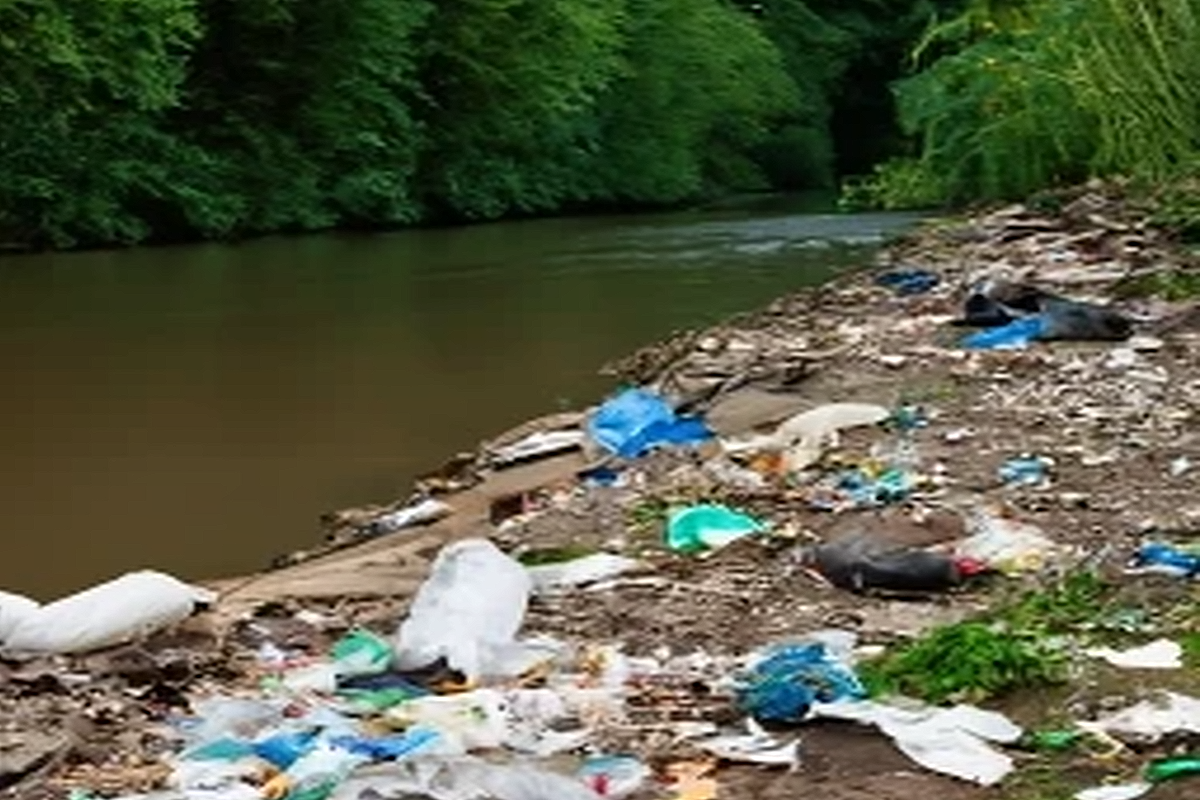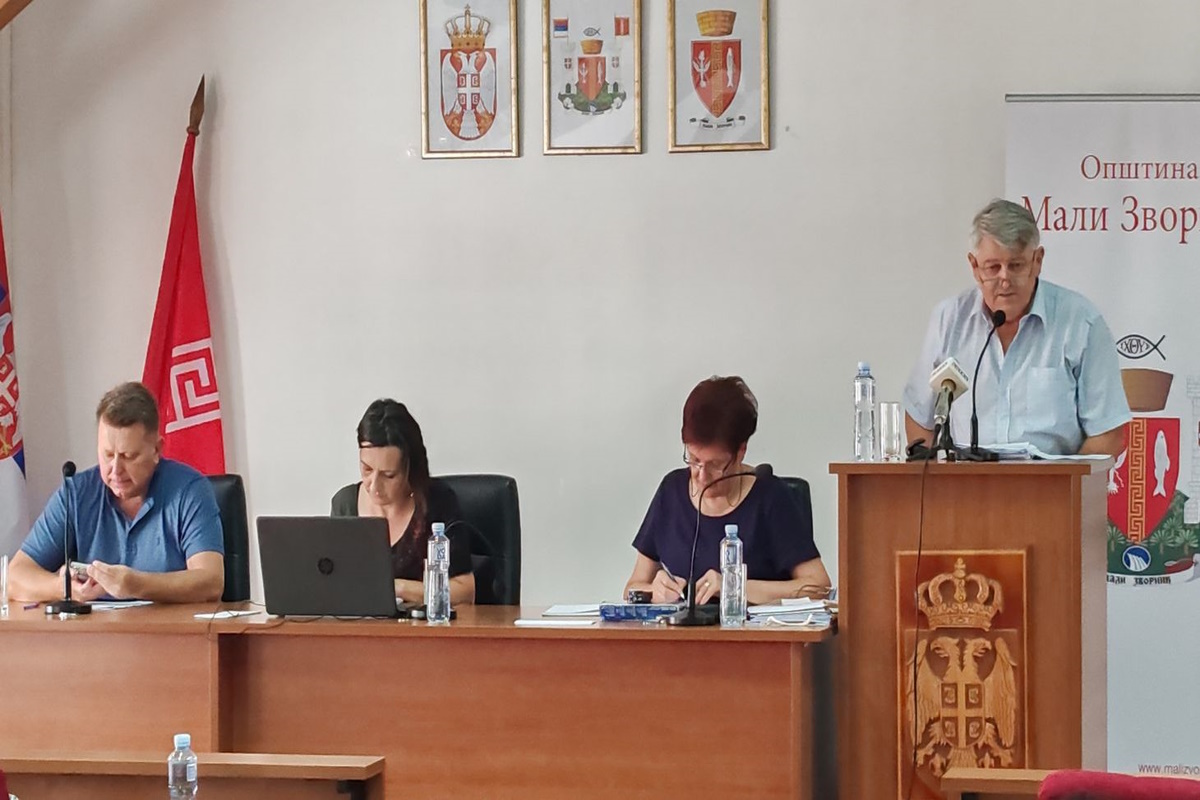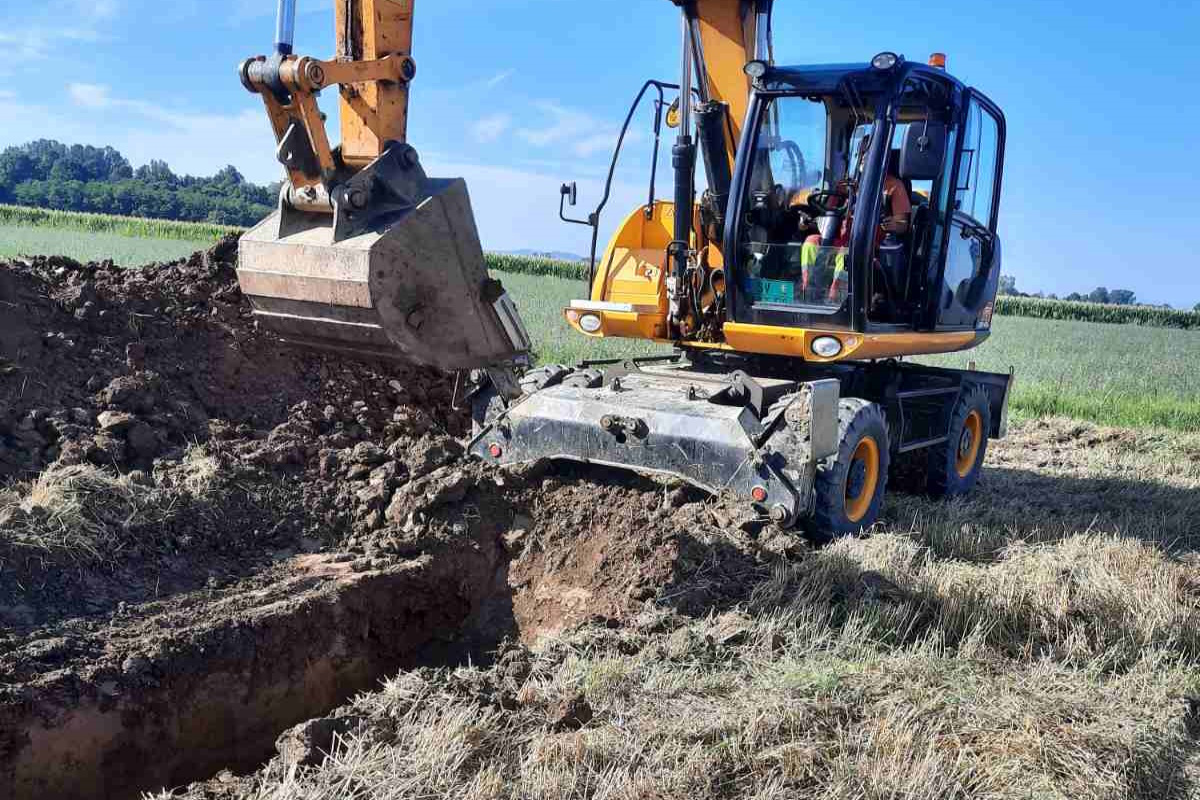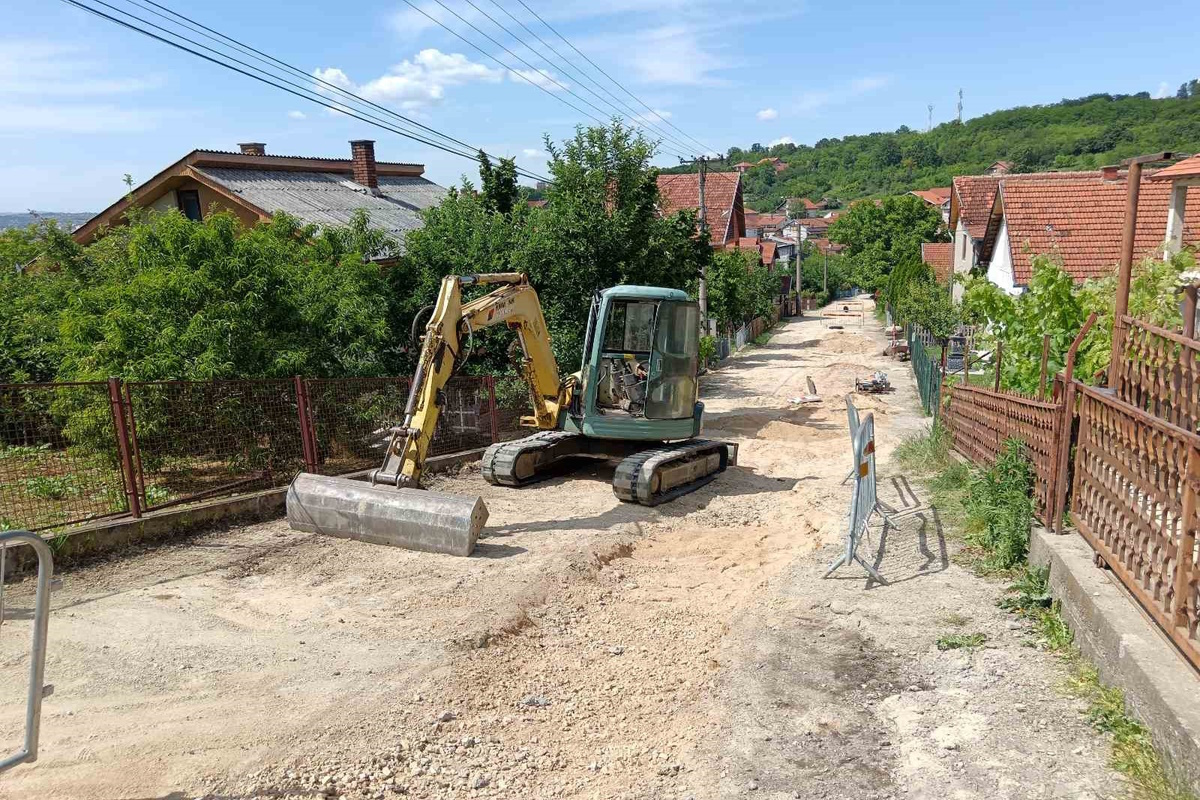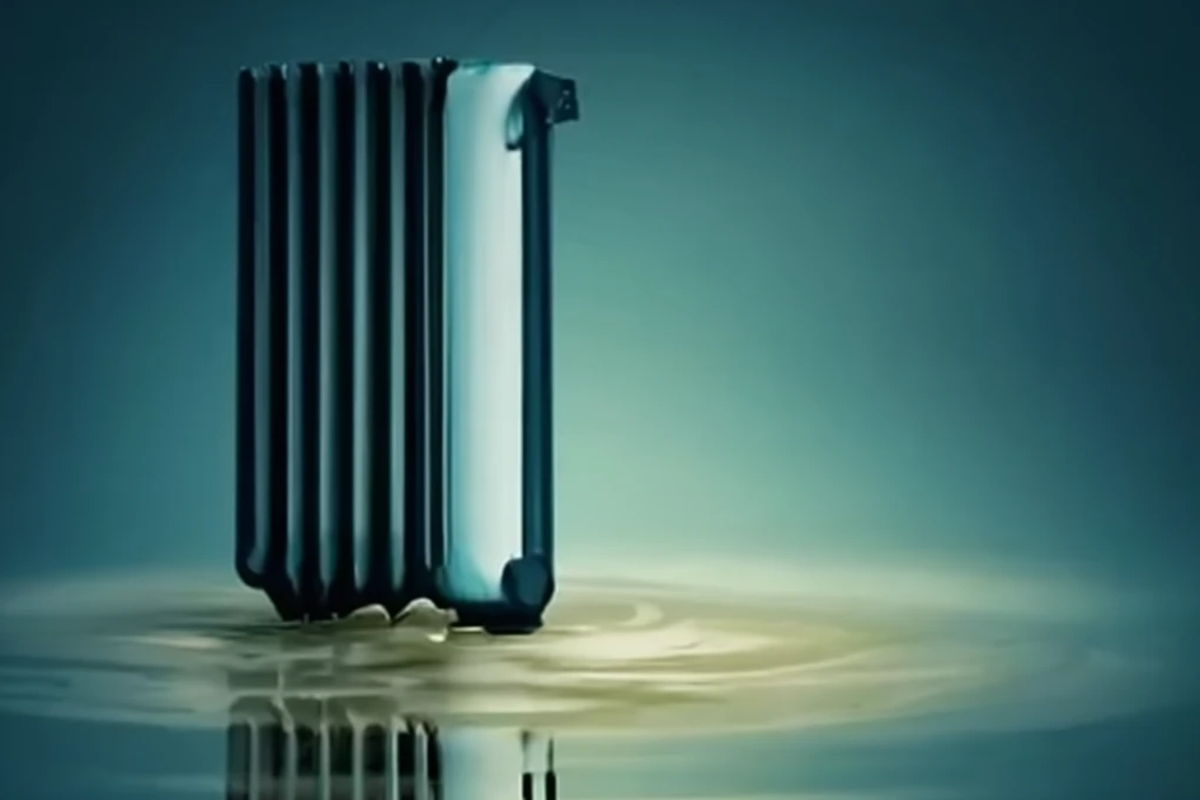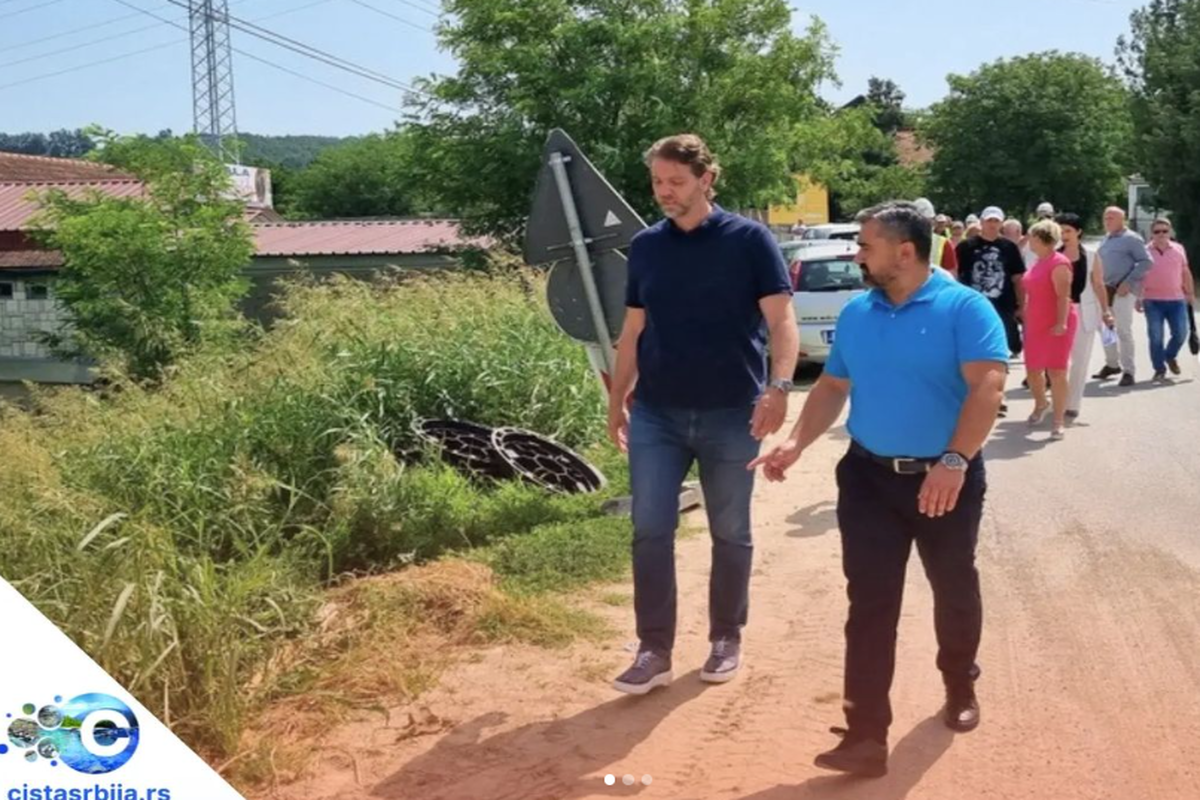Minister Goran Vesić stated that 70% of the first phase of the Clean Serbia project has been completed.
“It is a project with an investment value of 3.5 billion euros and should cover 73 local self-government units in 93 locations, with 159 wastewater treatment plants,” said the Minister of Construction, Transport and Infrastructure, Goran Vesić. According to him, these are small plants for the processing of waste water, but there are also large ones, such as the plant in Novi Sad, which is equivalent to 300,000 residents.
“In the first phase of the project, which is more than 70 percent completed, sewers were built in 16 locations. The total value of the first phase is 336 million euros, 680 kilometers of sewage are being built and 25 wastewater treatment plants are being built, mostly smaller plants,” said Vesić. The value of the second phase of the project is 216 million euros, and according to the minister, the construction of a sewage network and a plant in nine locations is planned in the second phase, which will cover 50,000 residents.
Minister Vesic particularly emphasized that more kilometers of sewerage and waste water treatment plants have never been built than are being built now.



